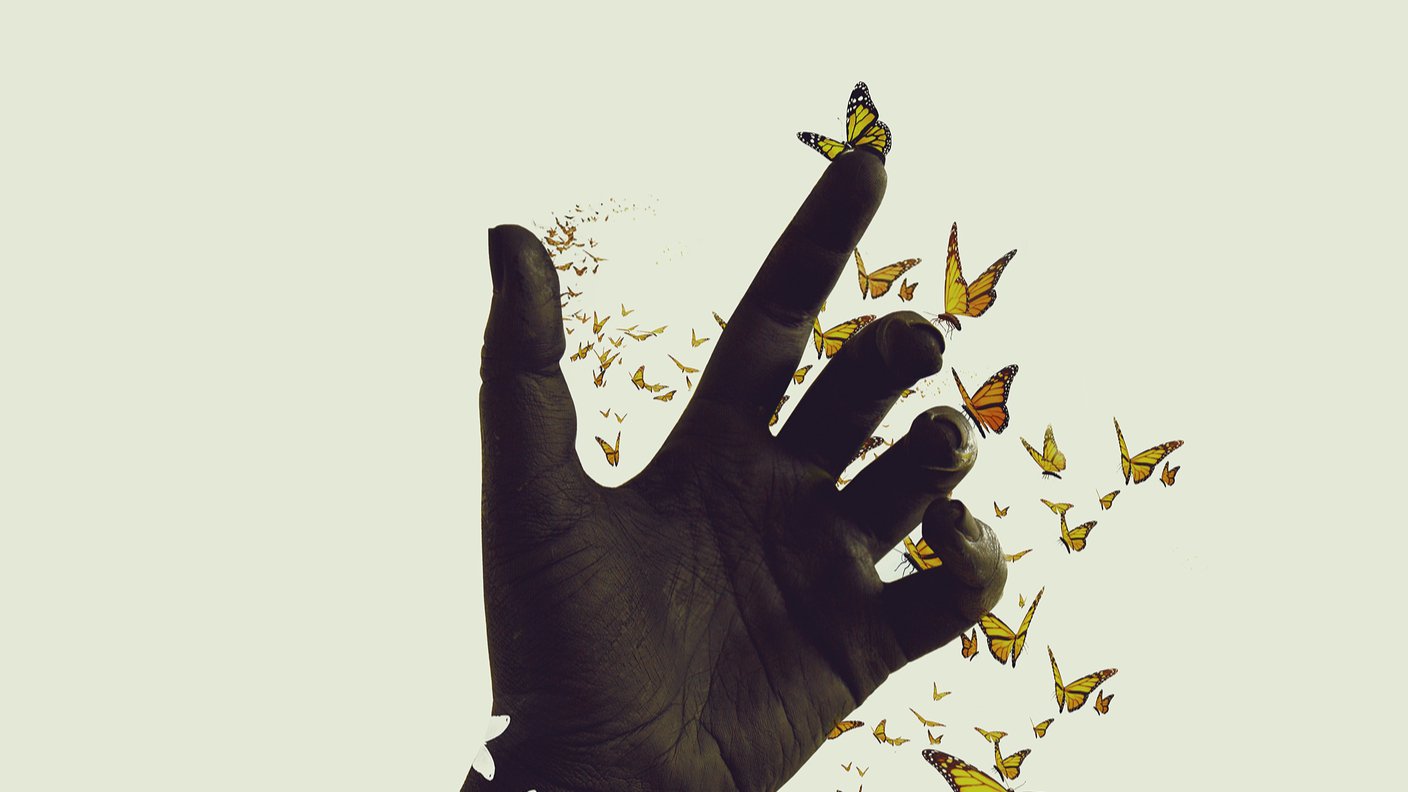
A radical vision of humanity. Are we ready for any of this?
Originally shared by Singularity Hub
Exponential Growth Will Transform Humanity in the Next 30 Years http://suhub.co/2h3exHM by Peter Diamandis

A radical vision of humanity. Are we ready for any of this?
Originally shared by Singularity Hub
Exponential Growth Will Transform Humanity in the Next 30 Years http://suhub.co/2h3exHM by Peter Diamandis
Like all technologies, this has a wide range of possibilities, from astonishing to terrifying. And like all technologies, it will be used for good and ill, competently and incompetently.
A big part of what the future will look like depends on who is in control, which is, to me, the more important question.
Originally shared by Singularity Hub
We’re moving from biological to digital evolution, which means we control how we evolve
I recently learned that Cosmopolitan started out as a “serious” magazine that published some speculative fiction. It may yet loop back around, as women’s magazines defy the stereotype that you can either be interested in politics or interested in makeup, but not both.
Originally shared by Jennifer Ouellette
“Women’s publications have been offering substantive, worthwhile political takes for years now. That we still find this development remarkable is a measure of how our culture has segregated “women’s issues” from politics at large.” http://qz.com/866305
Culture is a thing with a lot of mixture in it.
Originally shared by Kevin Kelly
My photos of the Other Tibet. This area is culturally Tibetan in west Sichuan, China. But instead of a high dry plateau, it’s a rugged, lower terrain of fertile valleys. These pictures are from the valleys around the town of Danba. The folk here like to say, “We are Tibetan but not like the Tibetans of Tibet.” They speak Tibetan, but eat Chinese. Their homes are Tibetan but their crops are Chinese. They are in between, and their own tribe, so to speak. I was the only tourist.
I’ve been watching DC’s Legends of Tomorrow lately, and I have thoughts.
While it doesn’t have quite the heart of The Flash or Supergirl, it’s a worthy show despite the large quantities of cheese and many plot holes. It’s an ensemble cast – something I generally enjoy, especially if it’s well done, and the writers do some things well with it.
Most notably, they avoid the tropes of That One Kickass Woman or That One Black Character. There are two kickass women, one of whom is also one of the two black characters, which fixes the tropes much more than you might think. Because when you have two of some kind of character – like two criminals, or two physicists, both of which the show also has – you can make them different from each other, and all of a sudden you don’t have a single person standing in for their whole group of people and the implication that the group is all alike – if you’ve seen one, you’ve seen them all. They can be fully realised, complex characters with their own stories, who also happen to be physicists, or criminals, or black, or kickass women. That becomes one dimension of a multidimensional character. (There’s only one character who isn’t straight, though, unless Snart is asexual, which I’m starting to suspect.)
There is a terrible shortage of nerds on the show, despite a bit of Trek love at one point. Nobody has mentioned Doctor Who so far, even though there’s a British guy with a time machine; and when they went to the 1980s, nobody referenced Back to the Future, either.
Still, despite the occasionally clunky SFX, self-contradicting plot and abundant ham-and-cheese, I’m enjoying it. I’m going to watch some more right now, in fact.
Originally shared by Singularity Hub
Why we’re reading this week:
•The Great A.I. Awakening
•5 Unexpected Sources of Bias in Artificial Intelligence
•How to Control a Robotic Arm With Your Mind — No Implanted Electrodes Required
and more
This is something I’ve vaguely wondered about when reading about such things as aquaponics or urban farming: how do you deal with the bulk crops, like wheat? This article puts some numbers around it: vegetables are not very calorific (they’re primarily valuable for their micronutrients, not their macronutrients), and while growing vegetables closer to the consumer is a great idea, it’s not, by itself, going to solve agriculture.
One of the things the fourth industrial revolution will change is our sense of personhood, and who or what has it.
I mentioned in a comment to one of my other posts today that my niece refuses to talk to her boyfriend’s voice-controlled house, because that’s “weird”. Within her expected lifetime, or indeed mine, we’ll routinely be talking to all kinds of things, and seldom will it be obvious whether what answers back is a person or not.
Originally shared by Singularity Hub
“One of the features of this fourth industrial revolution is that it doesn’t change what we are doing, but it changes us,” says Klaus Schwab, founder and executive chairman of the World Economic Forum.
I haven’t read this yet – sharing to read later – but as someone who’s grown up reading both British and American books, I know the difference, and it can be painful watching an author get it wrong.
Originally shared by Joanna Penn
#writingtips Word choice differences and spelling between US and UK characters. Are you getting it right?
There’s some amazing stuff here. Cheap drones, cheap gene hacking, cheap tablets, a vast improvement to Google Translate (thanks to the use of AI), multiple discoveries which are promising for anti-ageing treatments.
Originally shared by Daniel Lemire
Science and technology: what happened in 2016 http://lemire.me/blog/2016/12/16/science-and-technology-what-happened-in-2016/
http://lemire.me/blog/2016/12/16/science-and-technology-what-happened-in-2016/